"Office"; Summary Trials
Topic: Discipline
"OFFICE"
Canada in Warpaint, Capt. Ralph W. Bell, 1917
"Charge against No. 7762543, Private Smith, J .C.; In the field, 11.11.16, refusing to obey an order, in that he would not wash out a dixie when ordered to do so. First witness, Sergeant Bendrick."
"Sirr! On Nov. 11th I was horderly sergeant. Private Thomas, cook, comes to me, and he says as 'ow 'e 'ad warned the pris--the haccused, sir, to wash out a dixie, which same the haccused refused to do. Hordered by me to wash hout the dixie, sir, the haccused refused again, and I places 'im under hopen arrest, sir."
"Cpl. Townsham, what have you to say?"
"Sirr! On Nov. 11th I was eatin' a piece of bread an' bacon when I was witness to what took place between Sergeant Bendrick an' Private Smith, sir. I corroborates his evidence."
"All right; Private Thomas?"
"Sirr! I coboriates both of them witnesses."
"You corroborate what both witnesses have said?"
"Yessir."
"Now, Smith, what have you got to say to Stand to attention!"
"I ain't got nothin' to say, sir, savin' that I never joined the army to wash dixies, an' I didn't like the tone of voice him"…indicating the orderly Sergeant…"used to me. Also I'm a little deaf, sir, an' my 'ands is that cut with barbed wire that it's hagony to put 'em in boilin' water, sir! An' I'm afraid o' gettin' these 'ere germs into them, sir. Apart from which I ain't got anything to say, sir!"
After this Private Smith assumes the injured air of a martyr, casts his eyes up to heaven, and waits hopefully for dismissal. (The other two similar cases were dismissed this morning!)
The Captain drums his fingers on the table for a few moments. "This is your first offence, Smith."
"Yessir!"
"But it is not made any the less serious by that fact."
The gleam of joy in Smith's eye departs.
"Disobedience of an order is no trivial matter. A case like this should go before the Commanding Officer."
Long pause, during which the accused passes from the stage of hope deferred to gloom and disillusion, and the orderly Sergeant assumes a fiercely triumphant expression.
"Twenty-eight days Field Punishment number one," murmurs the Captain ruminatively, "or a court-martial" —this just loud enough for the accused to hear. The latter's left leg sags a trifle, and consternation o'er-spreads his visage.
"In view, Smith," says the Captain aloud, "in view of your previous good record, I will deal with you myself. Four days dixie washing, and you will attend all parades!"
Before Private Smith has time to heave a of relief the C.S.M.'s voice breaks on the air, "Left turrn ! Left wheel, quick marrch!"
"A good man, Sergeant-Major," says the Captain with a smile. "Have to scare 'em a bit at times, what?"
Battalion Orderly Room is generally a very imposing affair, calculated to put fear into the hearts of all save the most hardened criminals. At times the array is formidable, as many as thirty … witnesses, escort, and prisoners--being lined up outside the orderly room door under the vigilant eye of the Regimental Sergeant-Major. It is easy to see which is which, even were not the " dress " different. The prisoners are in clean fatigue, wearing no accoutrements or equipment be-yond the eternal smoke-helmet. The escort are in light marching order, and grasp in their left hands a naked bayonet, point upwards, resting along the forearm. The witnesses wear their belts. Most of the accused have a hang-dog look, some an air of defiance.
"Escort and prisoners… Shun!"
The Colonel passes into orderly room, where the Adjutant, the Battalion Orderly Officer, and Officer witnesses in the cases to be disposed of await him, all coming rigidly to attention as he enters. In orderly room, or "office" as the men usually call it, the Colonel commands the deference paid to a high court judge. He is not merely a C.O., he is an Institution.
The R.S.M. hovers in the background, waiting for orders to call the accused and witnesses in the first case. The C.O. fusses with the papers on his desk, hums and haws, and finally decides which case he will take first. The Adjutant stands near him, a sheaf of papers in his hand, like a learned crown counsel.
Not infrequently the trend of a case depends on whether the C.O. lunched well, or if the G.O.C. strafed or complimented him the last time they held palaver. Even colonels are human.
"Charge against Private Maconochie, No. 170298, drunk," etc., reads the Adjutant.
After the evidence has been heard the Colonel, having had no explanation or defence from the accused, proceeds to pass sentence. This being a first " drunk " he cannot do very much but talk, and talk he does.
"You were drunk, Thomkins. You were found in a state of absolutely sodden intoxication, found in the main street of Ablain-le-Petit at 4 P.M. in the afternoon. You were so drunk that the evidence quotes you as sleeping on the side-walk. You are a disgrace to the regiment, Thomkins ! You outrage the first principles of decency, you cast a slur on your battalion. You deliberately, of set purpose, intoxicate yourself at an early hour of the afternoon. I have a good mind to remand for a Field General Court-martial. Then you would be shot! Shot, do you understand? But I shall deal with you myself. I shall not permit the name of this battalion to be besmirched by you. Reprimanded! Reprimanded! Do you hear, sir!"
(Voice of the R.S.M., north front.) "Right turn. Right wheel; quick marrch!"

Posted by regimentalrogue
at 12:01 AM EDT

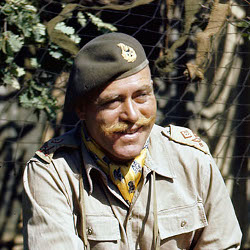 1. In a "message from the G.O.C." in the army newspaper Red Patch, Major-Gen. Christopher Vokes of Ottawa told the men of his Canadian division that "to command-incomparable fighting men such as yourselves is an honour which does not sit lightly on my shoulders."
1. In a "message from the G.O.C." in the army newspaper Red Patch, Major-Gen. Christopher Vokes of Ottawa told the men of his Canadian division that "to command-incomparable fighting men such as yourselves is an honour which does not sit lightly on my shoulders."

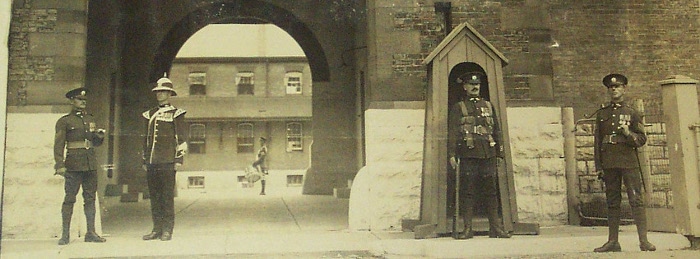
 Once more, there are two sorts of discipline, distinct in principle although sometimes they may overlap in practice.
Once more, there are two sorts of discipline, distinct in principle although sometimes they may overlap in practice.
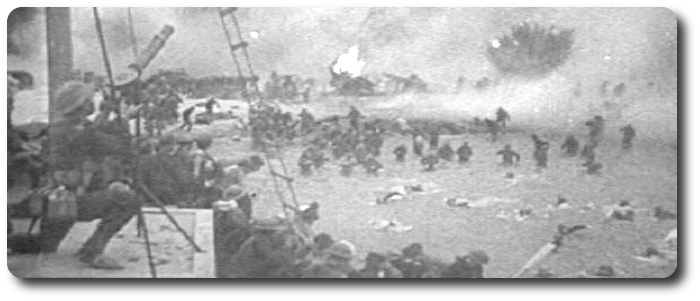
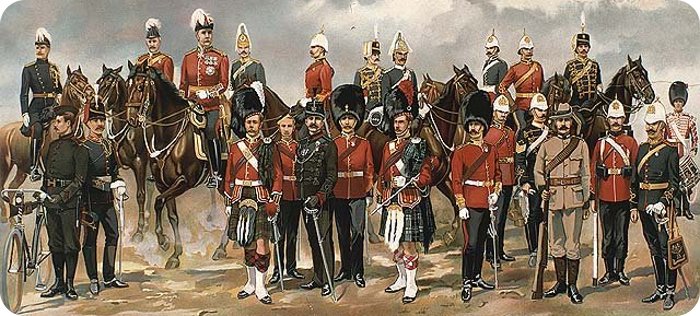

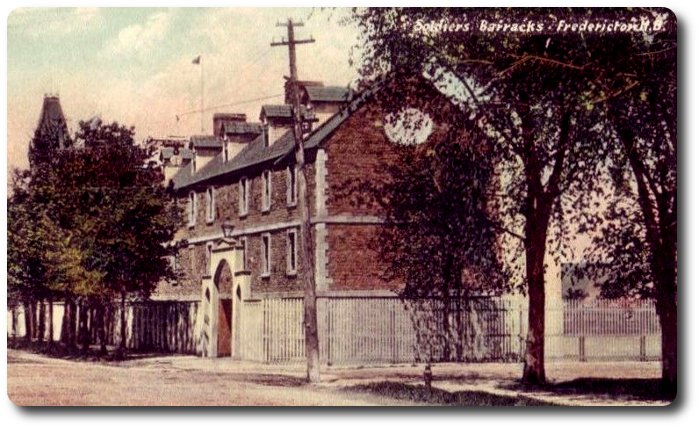
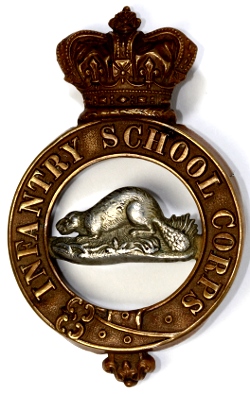 A lively fight took place of Tuesday evening between soldiers of the
A lively fight took place of Tuesday evening between soldiers of the 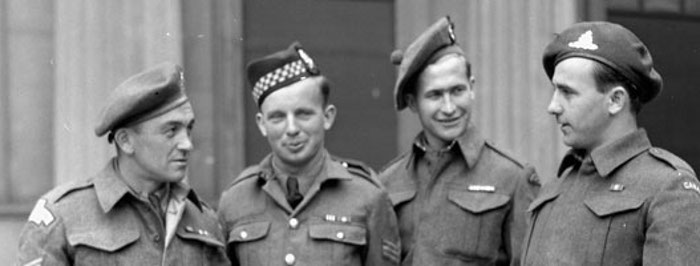
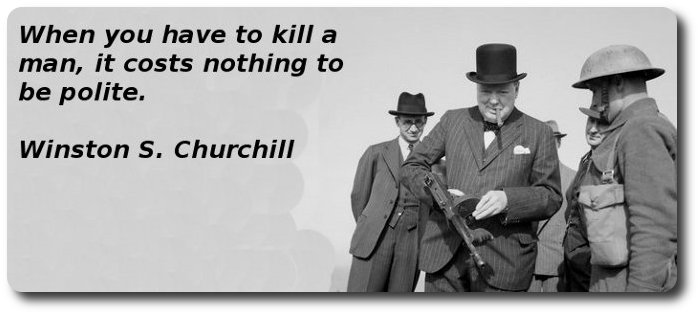
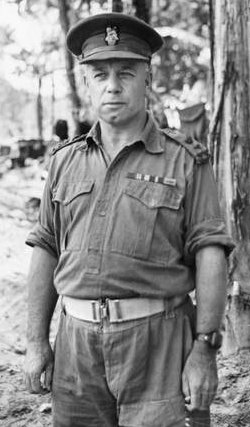

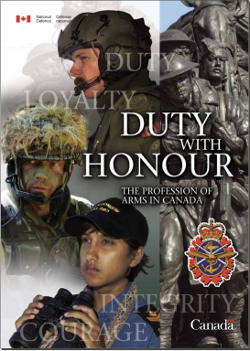 Duty With Honour; The profession of Arms in Canada
Duty With Honour; The profession of Arms in Canada  First and foremost, duty entails service to Canada and compliance with the law. It obliges members to adhere to the law of armed conflict while displaying dedication, initiative and discipline in the execution of tasks. Duty further demands that Canadian Forces members accept the principle of the primacy of operations and that military leaders act in accordance with the professional precept of "Mission, own troops, self," as mentioned previously. Performing one's duty embraces the full scope of military professional excellence. It calls for individuals to train hard, pursue professional self-development, and carry out their tasks in a manner that reflects pride in themselves, their unit and their profession. Overall, this concept of duty motivates personnel both individually and collectively to strive for the highest standards of performance while providing them with purpose and direction throughout the course of their service.
First and foremost, duty entails service to Canada and compliance with the law. It obliges members to adhere to the law of armed conflict while displaying dedication, initiative and discipline in the execution of tasks. Duty further demands that Canadian Forces members accept the principle of the primacy of operations and that military leaders act in accordance with the professional precept of "Mission, own troops, self," as mentioned previously. Performing one's duty embraces the full scope of military professional excellence. It calls for individuals to train hard, pursue professional self-development, and carry out their tasks in a manner that reflects pride in themselves, their unit and their profession. Overall, this concept of duty motivates personnel both individually and collectively to strive for the highest standards of performance while providing them with purpose and direction throughout the course of their service. Loyalty is closely related to duty and entails personal allegiance to Canada and faithfulness to comrades across the chain of command. For loyalty to endure, it must be reciprocal and based on mutual trust. It requires that all Canadian Forces members support the intentions of superiors and readily obey lawful orders and directions. However, it also imposes special obligations on all leaders and commanders.
Loyalty is closely related to duty and entails personal allegiance to Canada and faithfulness to comrades across the chain of command. For loyalty to endure, it must be reciprocal and based on mutual trust. It requires that all Canadian Forces members support the intentions of superiors and readily obey lawful orders and directions. However, it also imposes special obligations on all leaders and commanders. To have integrity is to have unconditional and steadfast commitment to a principled approach to meeting your obligations while being responsible and accountable for your actions. Accordingly, being a person of integrity calls for honesty, the avoidance of deception and adherence to high ethical standards. Integrity insists that your actions be consistent with established codes of conduct and institutional values. It specifically requires transparency in actions, speaking and acting with honesty and candour, the pursuit of truth regardless of personal consequences, and a dedication to fairness and justice. Integrity must especially be manifested in leaders and commanders because of the powerful effect of their personal example on peers and subordinates.
To have integrity is to have unconditional and steadfast commitment to a principled approach to meeting your obligations while being responsible and accountable for your actions. Accordingly, being a person of integrity calls for honesty, the avoidance of deception and adherence to high ethical standards. Integrity insists that your actions be consistent with established codes of conduct and institutional values. It specifically requires transparency in actions, speaking and acting with honesty and candour, the pursuit of truth regardless of personal consequences, and a dedication to fairness and justice. Integrity must especially be manifested in leaders and commanders because of the powerful effect of their personal example on peers and subordinates. Courage is a distinctly personal quality that allows a person to disregard the cost of an action in terms of physical difficulty, risk, advancement or popularity. Courage entails willpower and the resolve not to quit. It enables making the right choice among difficult alternatives. Frequently, it is a renunciation of fear that must be made not once but many times. Hence, courage is both physical and moral. Both types of courage are required because of their essential complementarity and to meet the serious demands the profession of arms makes on individuals. Courage requires constant nurturing and is not suddenly developed during operations. Ultimately, "Courageous actions are dictated by conscience, of which war is the final test".
Courage is a distinctly personal quality that allows a person to disregard the cost of an action in terms of physical difficulty, risk, advancement or popularity. Courage entails willpower and the resolve not to quit. It enables making the right choice among difficult alternatives. Frequently, it is a renunciation of fear that must be made not once but many times. Hence, courage is both physical and moral. Both types of courage are required because of their essential complementarity and to meet the serious demands the profession of arms makes on individuals. Courage requires constant nurturing and is not suddenly developed during operations. Ultimately, "Courageous actions are dictated by conscience, of which war is the final test".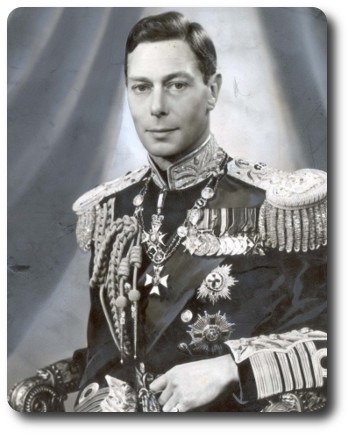
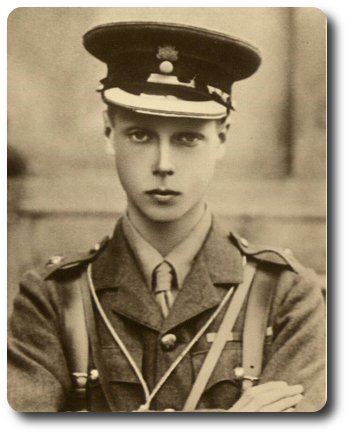
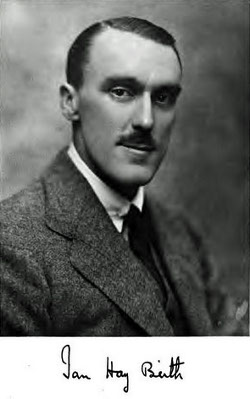
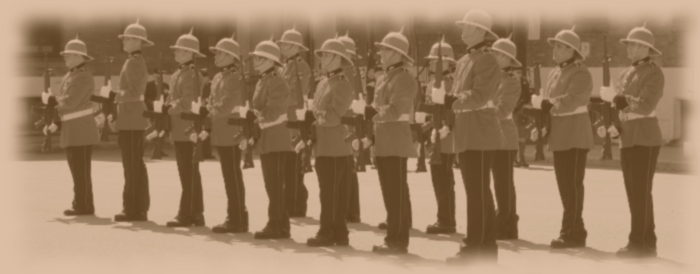
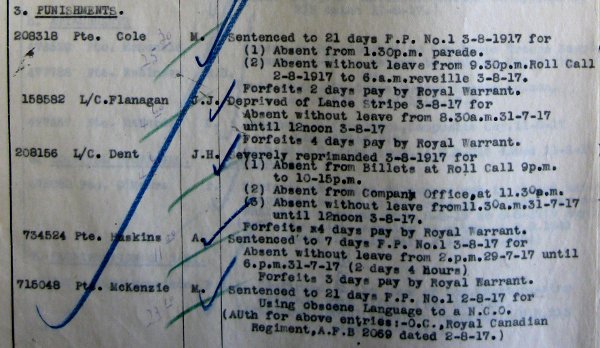


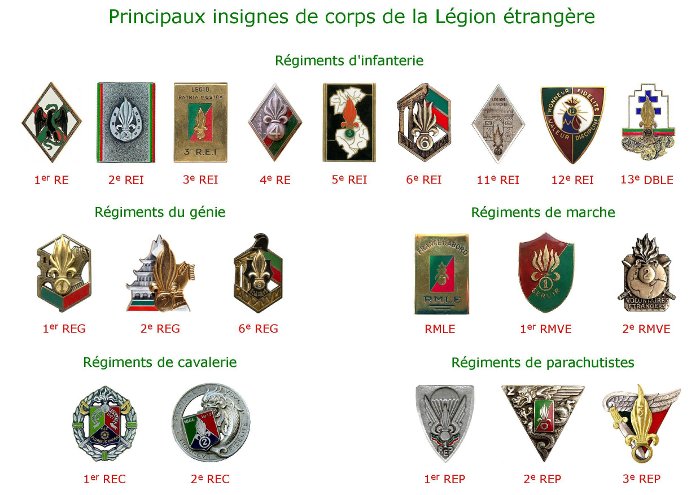
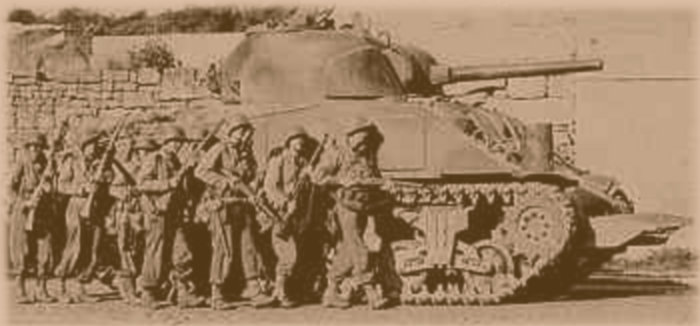
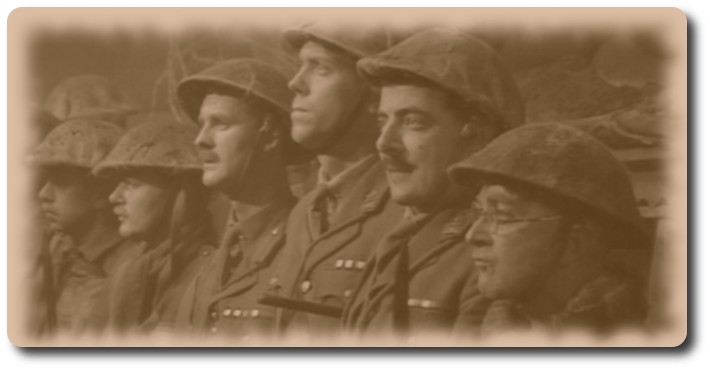
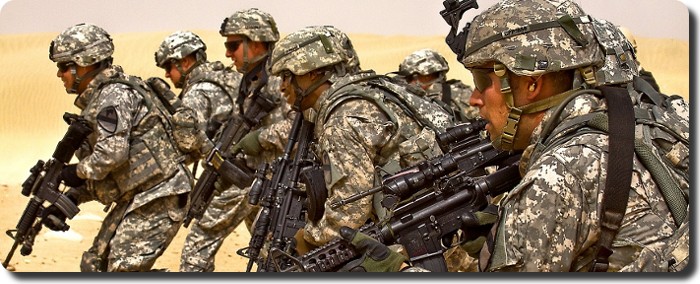
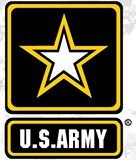 1. Soldiers fight only enemy combatants.
1. Soldiers fight only enemy combatants.
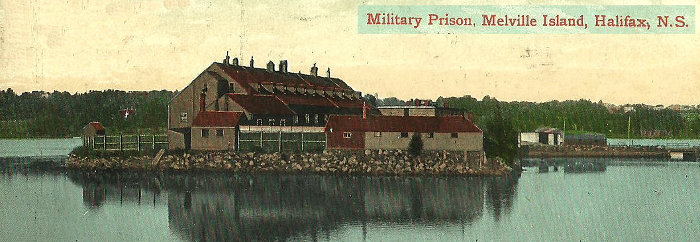
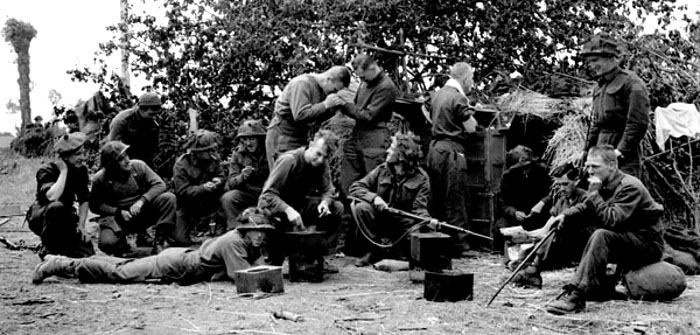
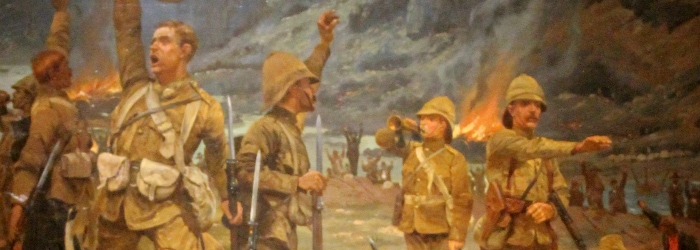
 Spokane Daily News; 3 May 1900
Spokane Daily News; 3 May 1900